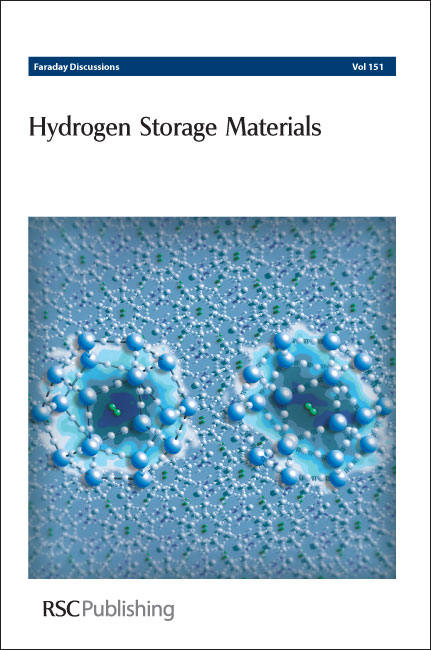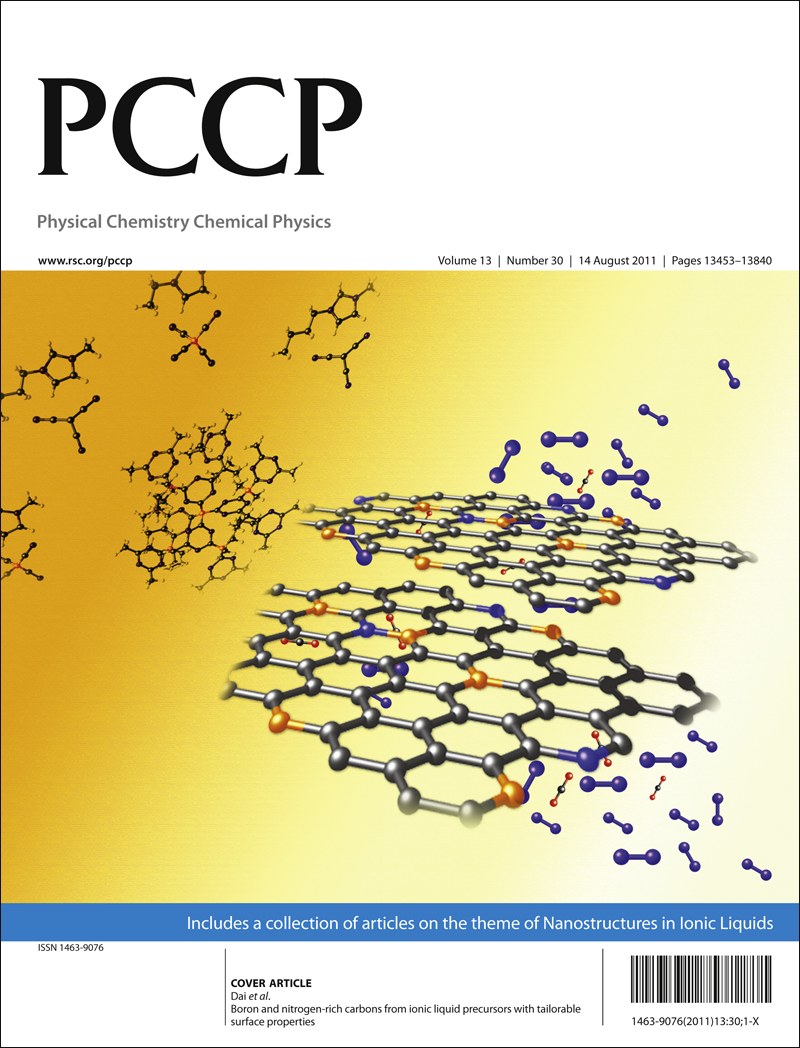The deadline is now approaching for submissions to the high-profile PCCP themed collection on “Interfaces with Ionic Liquids“, with Guest Editor Frank Endres.
Submission Deadline : 30 November 2011
This will be the official themed issue of the international Bunsentagung 2012 meeting on the theme of “Ionic Liquids” organised by the Deutsche Bunsen-Gesellschaft which takes place from 17-19 May 2012 in Leipzig, Germany. We will be freely distributing the printed themed issue at this meeting, maximising the visibility and profile of all published papers.
We invite you to submit a high quality manuscript of original, unpublished research with a focus on the interfaces of ionic liquids with gas/vacuum, solid surfaces and other liquids, both experimental and theoretical aspects. All submissions will be subject to rigorous peer review to meet the high standards of PCCP. Further details about PCCP can be found on our website www.rsc.org/pccp.
When you submit your article, please indicate that it is for the themed issue.
















